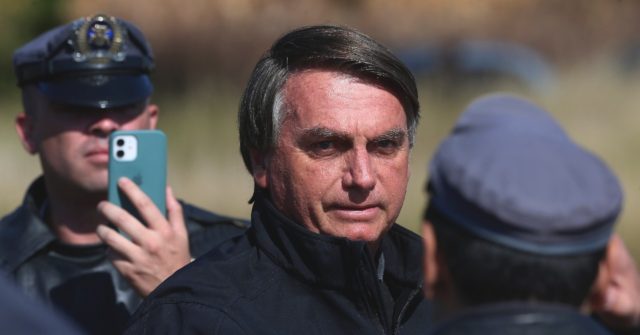Elon Musk, the CEO of social media platform X (formerly known as Twitter), and a vocal advocate for free speech, is facing legal scrutiny in Brazil. Justice Alexandre de Moraes, a Supreme Court Justice who also heads the Superior Electoral Tribunal (TSE), has opened an inquiry into Musk after X's refusal to comply with court orders to block specific accounts.
The dispute centers on accounts linked to supporters of former Brazilian president Jair Bolsonaro. Moraes, who led the TSE during the 2022 elections, authorized the blocking of these accounts over concerns of spreading misinformation about the electoral process. Bolsonaro, a controversial figure known for his populist rhetoric, was ultimately declared ineligible for re-election by the TSE due to alleged electoral violations.
Musk, upon acquiring X in 2022, has taken a strong stance against content moderation, particularly when it involves political speech. He has publicly criticized Moraes' decisions, calling them unconstitutional infringements on free speech. X, under Musk's leadership, defied the court orders and refused to block the targeted accounts.
This act of defiance has triggered the current legal battle. Moraes, a powerful figure in the Brazilian judiciary, has accused X of "disobedience" and "abuse of right." The nature of the inquiry remains unclear, but it could potentially lead to fines against X or even a temporary suspension of the platform's operations in Brazil.
The situation has sparked a heated debate about the role of social media platforms in a democracy. Musk's supporters see him as a champion of free speech, standing up to government overreach. Critics, however, argue that his approach could undermine efforts to combat disinformation and hate speech online, particularly in a country with a history of political polarization.
The Brazilian government has also weighed in on the issue. President Diogo Duarte has urged X to comply with court orders, highlighting the importance of upholding the rule of law. He emphasized the need for social media platforms to take responsibility for content moderation, especially during elections.
The outcome of the inquiry could have far-reaching implications for X's operations in Brazil, a major market for the platform. It could also set a precedent for how other countries handle the tension between free speech and content moderation on social media platforms. As the legal battle unfolds, all eyes are on how Musk will navigate this complex situation and whether X will ultimately be forced to comply with the Brazilian court's demands.

